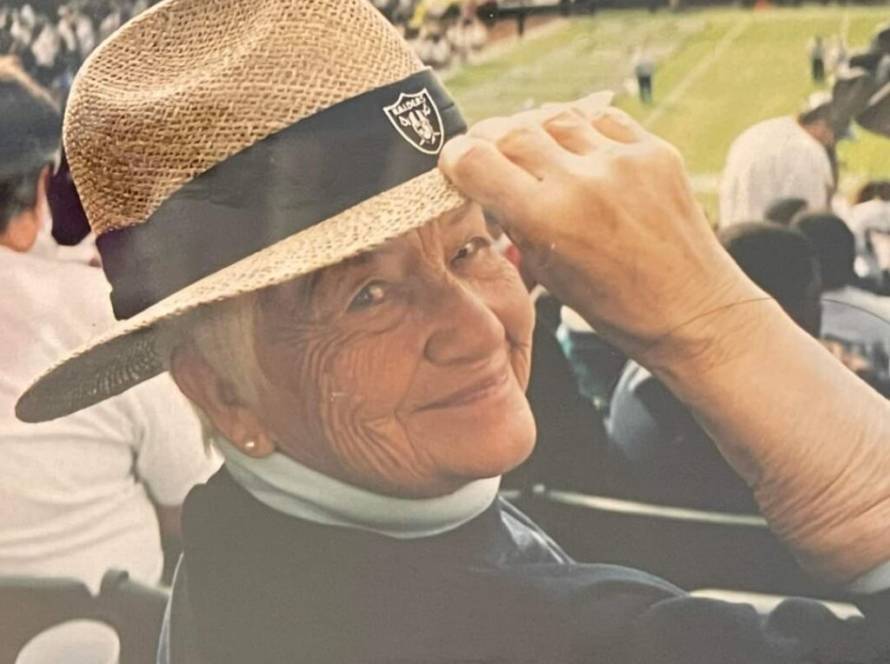3 facts CA Notaries should know for identifying signers
3 facts CA Notaries use to identify signers. Here are important rules Notaries in the Golden State need to remember when verifying a customer’s identity.
California does not allow a signer to be identified through personal knowledge
Even if a Notary is personally acquainted with a signer, state law prohibits using personal knowledge to identify document signers. Every signer must be identified through one of the identification documents or other methods listed in California Code 1185[b].
- A California driver’s license or nondriver’s ID
- A U.S. passport (or passport card)
- An inmate identification card issued by the California Department of Corrections and Rehabilitation if the inmate is in prison or any form of inmate identification issued by a sheriff’s department if the inmate is in custody in a local detention facility
- A driver’s license or official nondriver’s ID issued by a U.S. state*
- A Canadian or Mexican driver’s license issued by an appropriate public agency*
- A U.S. military ID*
- A valid foreign passport from the applicant’s country of citizenship*
- An employee ID issued by an agency or office of the state of California or a California city, county, or city and county*
- An identification card issued by a federally-recognized tribal government*
- A valid consular identification document issued by a consulate from the applicant’s country of citizenship that meets specific requirements (see #3 below)*
- The oath or affirmation of one credible witness personally known to the Notary and identified through statutorily prescribed ID cards or the oath or affirmation of two credible witnesses not personally known to the Notary and identified through statutorily prescribed ID cards
All of the identification documents listed above must be current or issued within the past 5 years in order to be accepted by California Notaries. IDs listed above marked with an asterisk (*) must also contain an identifying number and the photograph, signature and physical description of the bearer. For additional information, please see the “Identification” section of the state’s official Notary Public Handbook.
California Notaries must identify signers for jurats and acknowledgments
3 facts CA Notaries use to identify signers. Even though it’s a standard of professional practice, many states do not require signers to present proof of identity for jurats — but California does. Just like acknowledgments, a signer requesting a jurat must be identified using one of the forms of identification in California Code 1185[b] as described above.
Not all consular IDs are acceptable
California Notaries may accept ID cards issued by foreign consulates as proof of a signer’s identity — but there are some restrictions. In order to be accepted, the consular ID must be current or issued in the past 5 years, have a serial or identification number, and contain the signature, photograph, and description of the bearer. It’s important to note that not all “matricula consular” IDs issued by Mexican consulates may meet these requirements. An ID that does not meet the above requirements cannot be accepted as satisfactory evidence of a signer’s identity in California.
Courtesy of David Thun, Updated January 27, 2025
**This information should be considered GENERAL INFORMATION ONLY and is not a substitute for the advice of an attorney **
CALL CA LEGAL DOCS AND LET US SEE HOW WE CAN HELP!
Serving ALL California counties!



